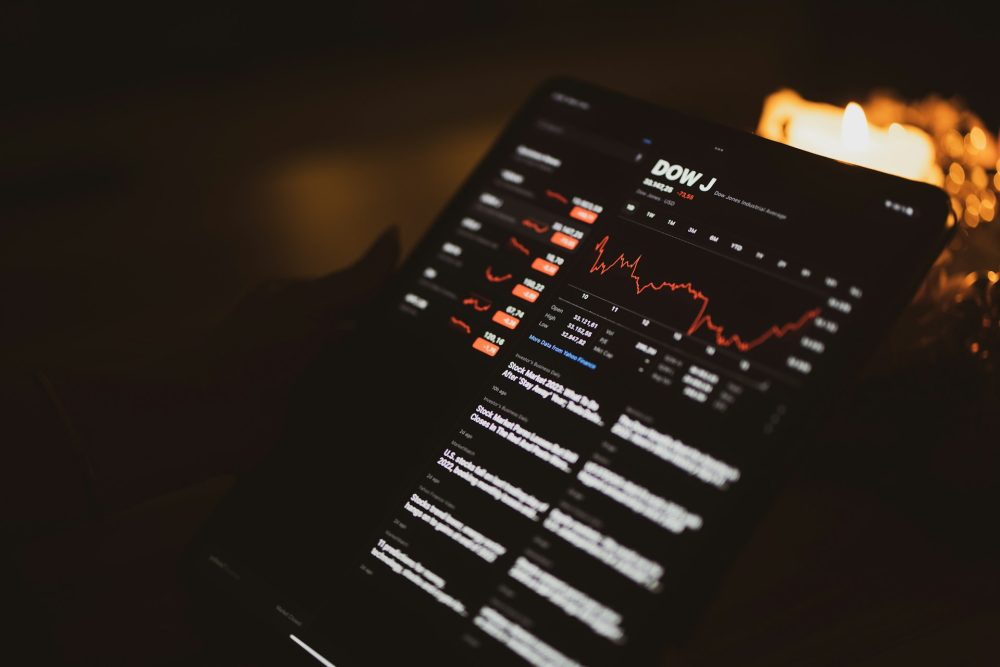Impact Investing
Green Label Products on the Rise, But Greenwashing Increases by 26%
Green labels are crucial for businesses, as sustainability influences purchasing decisions, with 36% of buyers switching suppliers over unmet expectations. However, misleading green claims, or greenwashing, are rising, with 42% of communications deemed deceptive. This could lead to legal disputes, known as “Greenbickering,” over inaccurate eco-labeling, according to experts and recent reports.

The number of products that carry claims on their labels that communicate their sustainability is growing. In fact, green labeled products are 83.8% of products present on the shelves of the GDO, whether it is about recyclability of the packaging, sustainable formulation of the ingredients or biodegradability.
These are the data collected by the Osservatorio Immagino of Gs1 Italy1, which demonstrate an ever-increasing attention by companies to green issues as a fundamental element of commercial and marketing strategies.
Why is green label so important
Data that is also confirmed in the report The Visionary CEO’s Guide to Sustainability 2024 by Bain & Company conducted on approximately 19,000 consumers globally, including Italians, where it emerges that sustainability is one of the three main criteria that influence purchasing decisions.
It also lead 36% of buyers to change suppliers if the latter fails to meet their sustainability expectations, while according to the Deloitte Observatory 59% would stop or limit purchases from brands that use “facade” environmental communication, or so-called greenwashing. A phenomenon that – growing in all sectors by +26% (2023 EBA data) – makes a product or brand appear “greener” than it actually is and which sees 60% of companies fall for invalid or misleading green communications at least once (Nielsen data).
But not only that, because a survey conducted by the European Commission under the coordination of Ipcen (Consumer Protection and Enforcement Network) highlighted how in 42% of cases the authorities considered green communications misleading and untrue, and therefore ascertained the implementation of unfair commercial practices.
In particular, in over 50% of cases, companies did not give consumers sufficient information to evaluate what was communicated in terms of eco-sustainability; in 37% of cases the claim contained generic formulations, such as “environmentally friendly”, or “eco” and in 59% of cases no elements were provided to support what was declared.
According to legal experts in sustainability, these cases could lead to an increase in legal actions between competing companies and to a growth in the so-called Greenbickering, disputes between competing companies over irregularities in the information on packaging and labels.
“At a legislative level,” pointed out Rita Santaniello, a lawyer from the multinational law firm Rödl & Partner, “if on the one hand something is moving with the directive that has received the final green light from the European Parliament and which aims to protect consumers from misleading communication practices and to support more informed purchasing choices thanks to clearer and more reliable labelling.”
“On the other hand the courts will have to become increasingly familiar with a whole series of actions (or causes) with which a company can take action against a competitor for unfair competition where it believes that the company is improperly using the lever of corporate sustainability to improve its perception towards the market and consumers to sell more, such as for example using unproven green brands, slogans or wording, taking away market from others or to ‘green’ its own image, thus unfairly obtaining a competitive advantage.”
__
(Featured image by Sticker it via Unsplash)
DISCLAIMER: This article was written by a third party contributor and does not reflect the opinion of Born2Invest, its management, staff or its associates. Please review our disclaimer for more information.
This article may include forward-looking statements. These forward-looking statements generally are identified by the words “believe,” “project,” “estimate,” “become,” “plan,” “will,” and similar expressions. These forward-looking statements involve known and unknown risks as well as uncertainties, including those discussed in the following cautionary statements and elsewhere in this article and on this site. Although the Company may believe that its expectations are based on reasonable assumptions, the actual results that the Company may achieve may differ materially from any forward-looking statements, which reflect the opinions of the management of the Company only as of the date hereof. Additionally, please make sure to read these important disclosures.
First published in ESG NEWS. A third-party contributor translated and adapted the article from the original. In case of discrepancy, the original will prevail.
Although we made reasonable efforts to provide accurate translations, some parts may be incorrect. Born2Invest assumes no responsibility for errors, omissions or ambiguities in the translations provided on this website. Any person or entity relying on translated content does so at their own risk. Born2Invest is not responsible for losses caused by such reliance on the accuracy or reliability of translated information. If you wish to report an error or inaccuracy in the translation, we encourage you to contact us

-

 Business4 days ago
Business4 days agoThe Dow Jones Teeters Near All-Time High as Market Risks Mount
-

 Crowdfunding2 weeks ago
Crowdfunding2 weeks agoWorld4All, a Startup that Makes Tourism Accessible, Surpasses Minimum Goal in Its Crowdfunding Round
-

 Biotech1 day ago
Biotech1 day agoGut-Derived Molecule Identified as Early Marker and Driver of Atherosclerosis
-

 Crypto1 week ago
Crypto1 week agoThe Crypto Market Rally Signals Possible Breakout Amid Political Support and Cautious Retail Sentiment

























